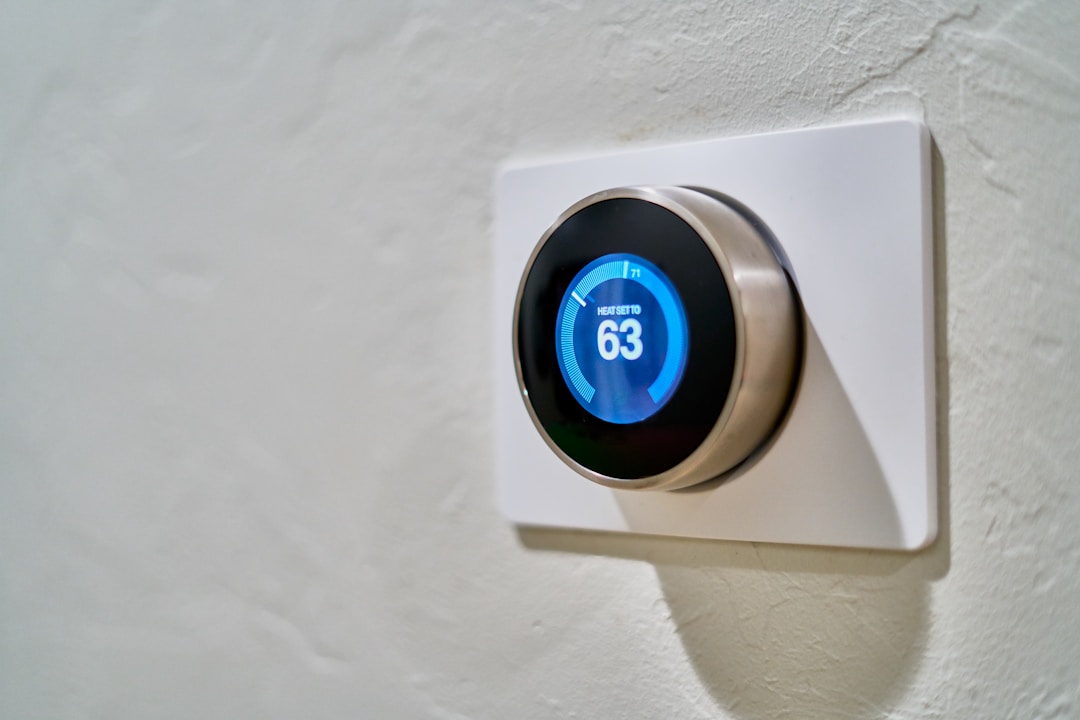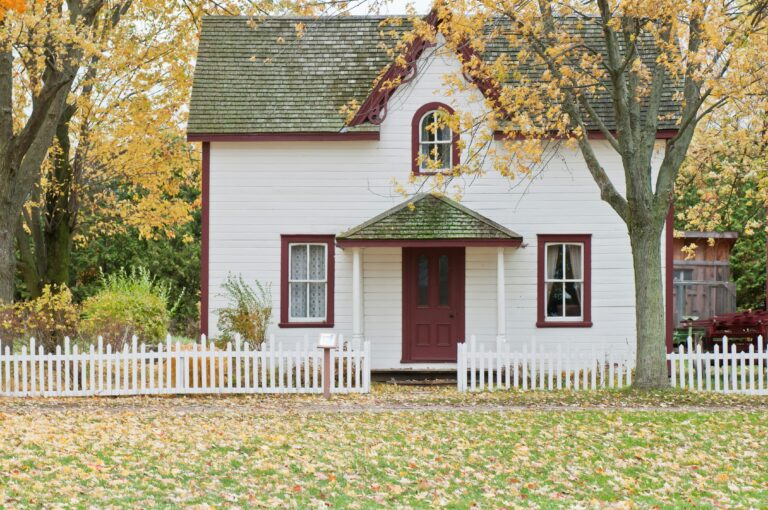For many reasons, a common concern for today’s homeowners is the overall energy efficiency of their household. Aside from the environmental benefits of lowering your home’s carbon footprint, using less energy can also lead to financial savings. Not only are tax credits available for using energy-efficient appliances and housewares, but the opportunity for significantly lower monthly energy bills is also a draw. Additionally, there is the potential to raise your home’s property value on the real estate market.
It’s important to remember that many protocols for home energy efficiency can also protect your family’s health and safety. Here, we will look some of those important aspects of energy efficiency, as well as how easy and cost-effective it can be to make your home more energy-efficient on a daily basis.
HVAC Ductwork and Energy Efficiency

If you’re looking to make your home more energy-efficient, it’s a good idea to assess your family’s electricity use. Turning off lights and electronics when leaving the room is a great start, but monitoring the proper functions of the household’s operating systems can be equally important. For example, your home’s air system runs year-round. Both the air conditioner and heater use the same air ducts, ventilation system, and air filters, and those can be major factors in the machines’ operations. The first place to assess is your ductwork, ensuring that the passageways are free of debris and dirt. There are many ways that duct cleaning improves HVAC efficiency, specifically by allowing proper airflow. Dirty air ducts prevent your units’ indoor air from traveling efficiently, forcing you to increase the air systems’ use. At the end of the month, your energy costs may be much higher than necessary. Regular maintenance and proper duct cleaning can solve this issue right away.
Likewise, your HVAC system’s air filters are of massive importance both to the unit’s longevity and your family’s health. In much the same way that your ducts can accumulate a buildup of debris, your air filters are responsible for catching mold, pollen, and other allergens or pollutants. In general, the filters’ main job is to keep your indoor air quality at the highest level. Dirty air filters not only have a harder time purifying your home’s air quality but can also make the air conditioner and heating system work overtime. Simply changing out your dirty air filters for clean ones immediately boosts your home’s energy efficiency and lowers your monthly utility bills.
Efficient Thermostat Technology

When monitoring your home for energy efficiency, don’t forget to consider your home’s thermostat. The thermostat’s most important function is to manually communicate your temperature preferences to the air conditioner and furnace directly. However, most household units can be sensitive to even the slightest adjustment. While attempting to make the living space more comfortable, a well-meaning family member may accidentally throw off the household’s overall energy use. Believe it or not, the costs can seem catastrophic by the end of the month.
For homeowners looking to modernize their household’s technology, while also keeping the monthly budget under control, the best way to solve this issue may-be by installing a “smart thermostat.” A relatively new technology that has quickly grown in popularity, a smart thermostat allows the homeowner to program their temperature preferences into the unit itself, ensuring that the home’s temperature will never rise or lower beyond certain settings. As a “smart” device, this programmable thermostat can also keep utility concerns in check, as well as providing the option of manually controlling the home’s air systems with a mobile device app. For today’s homeowners looking to easily become energy-efficient, as well as on the cutting edge of technology, a programmable thermostat may be an ideal solution.





